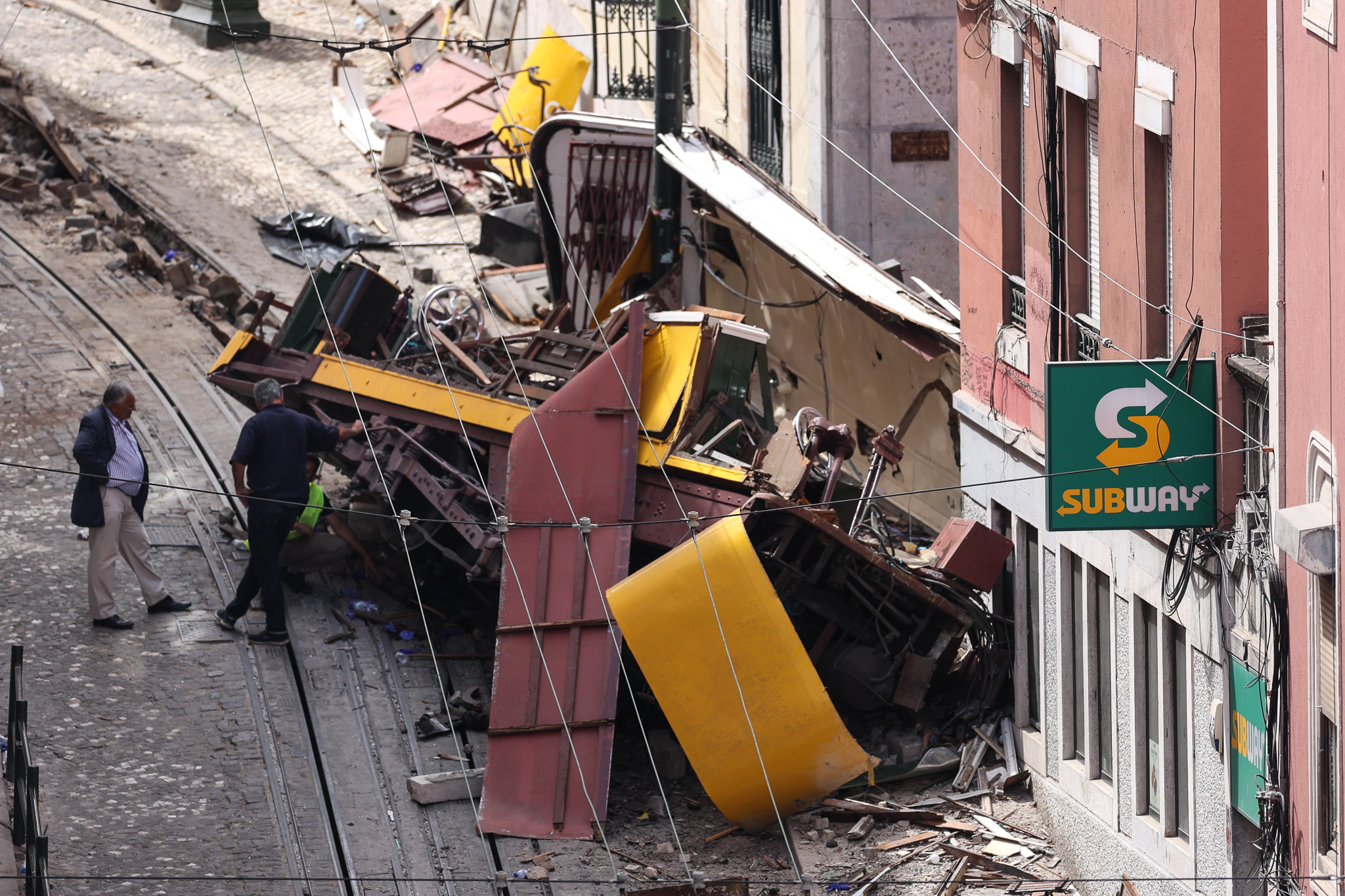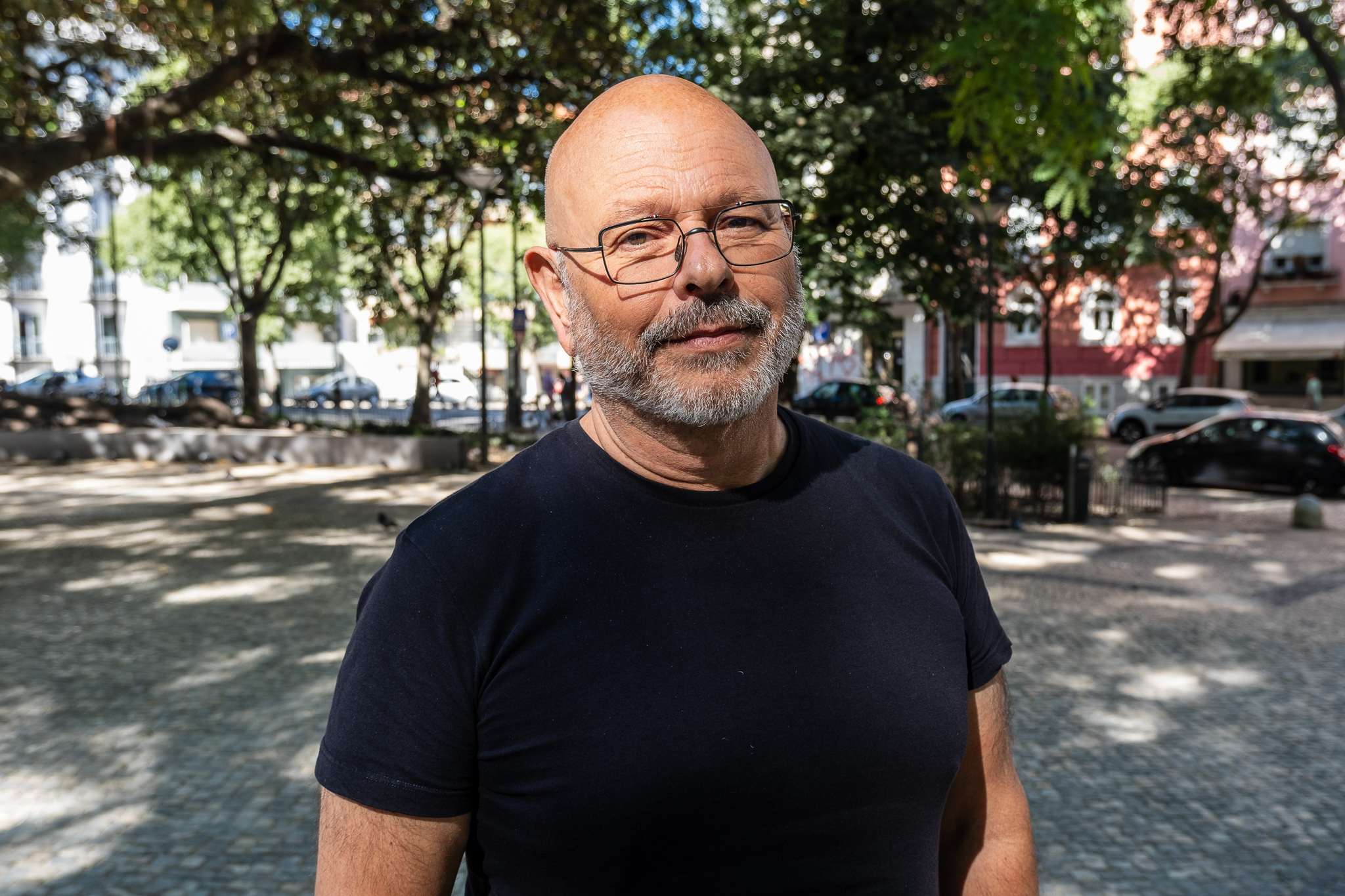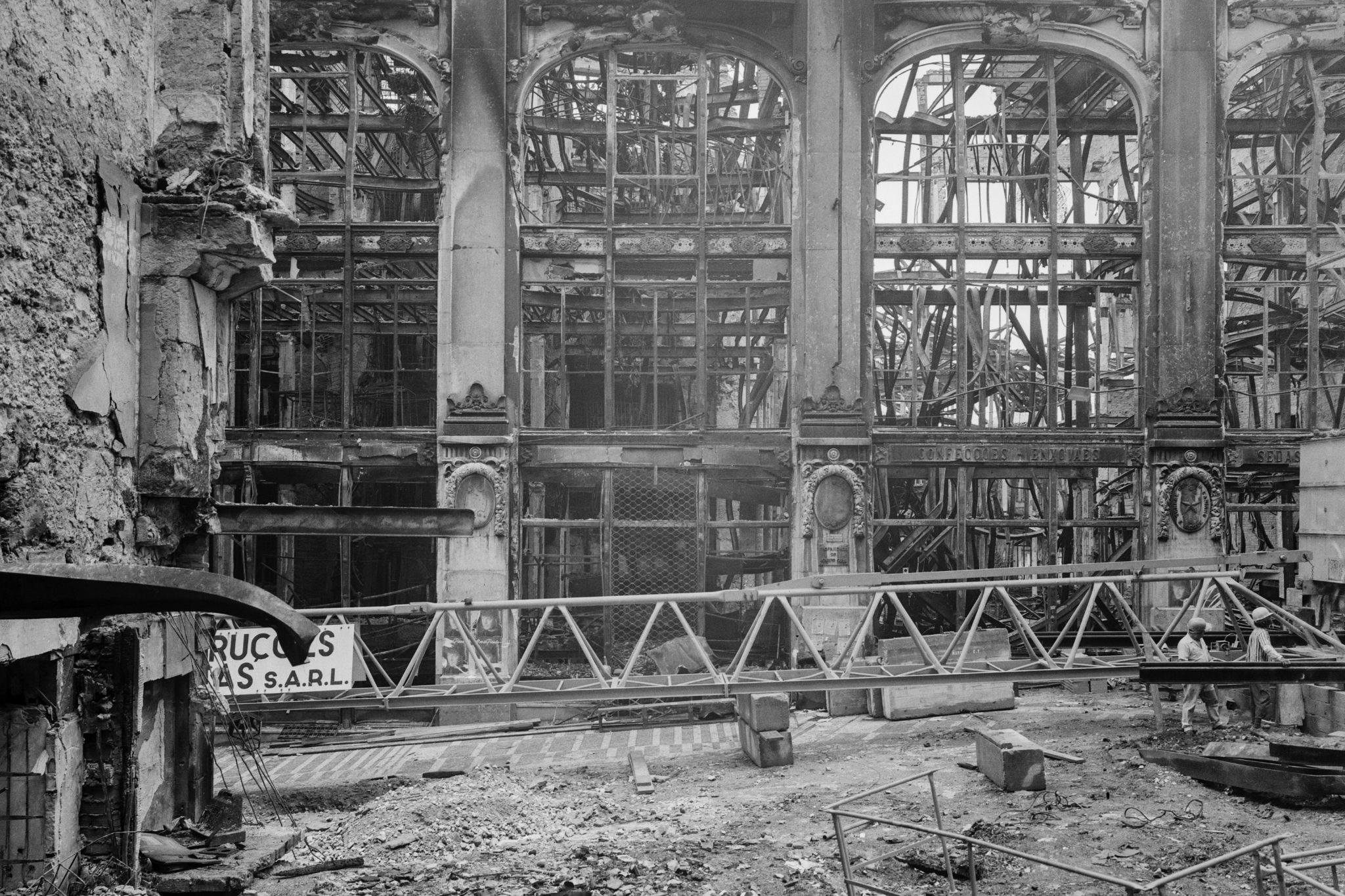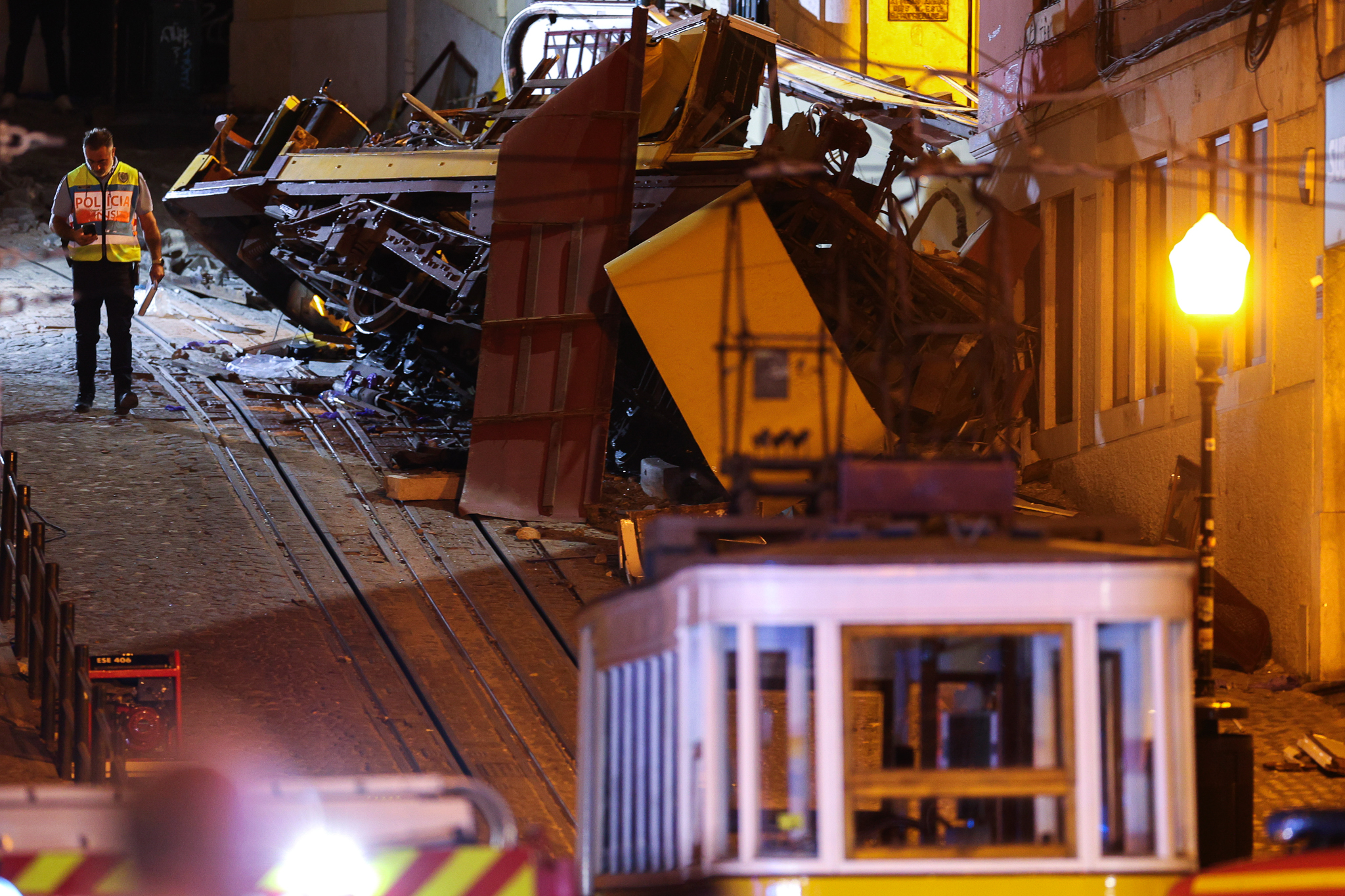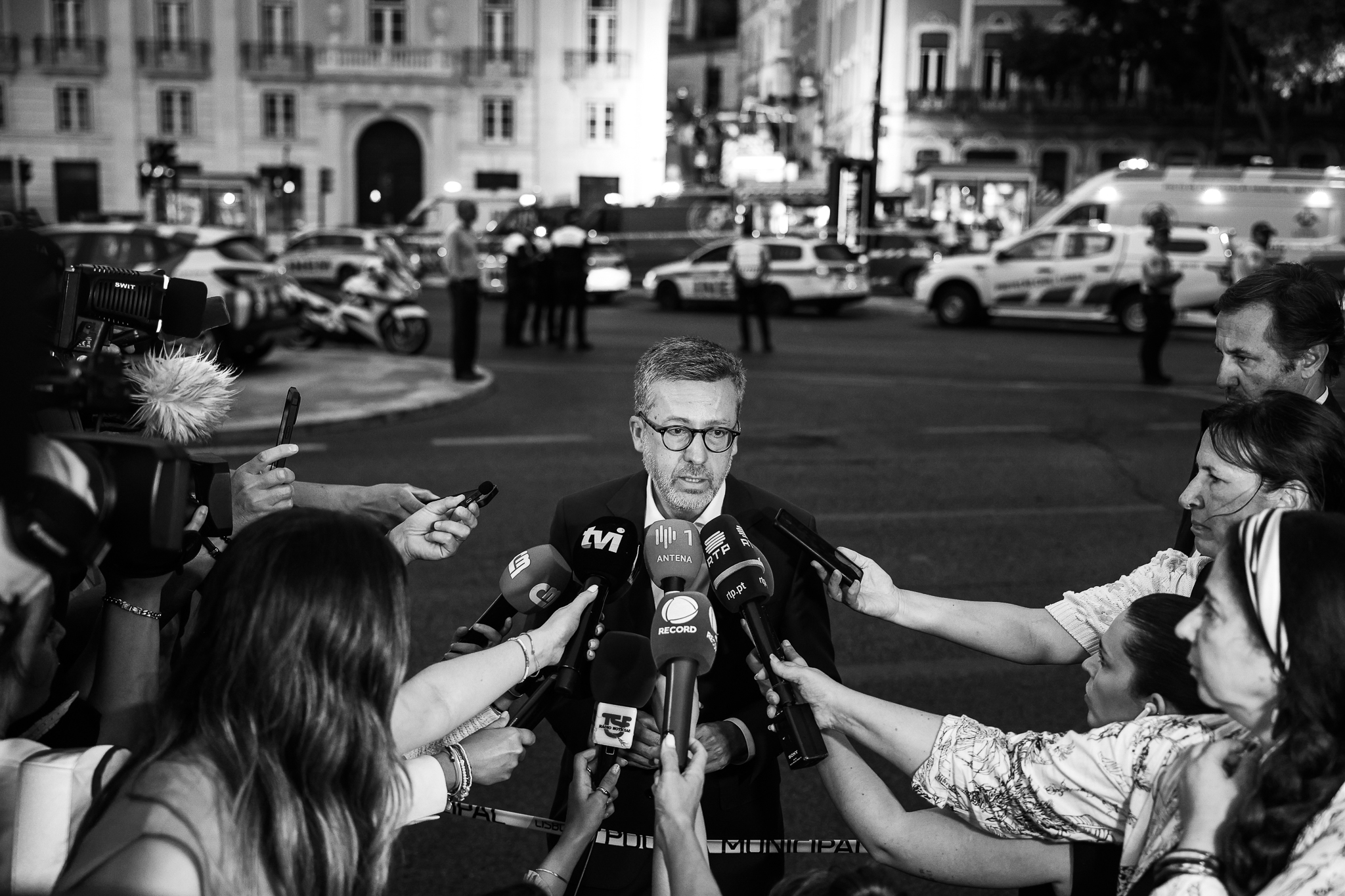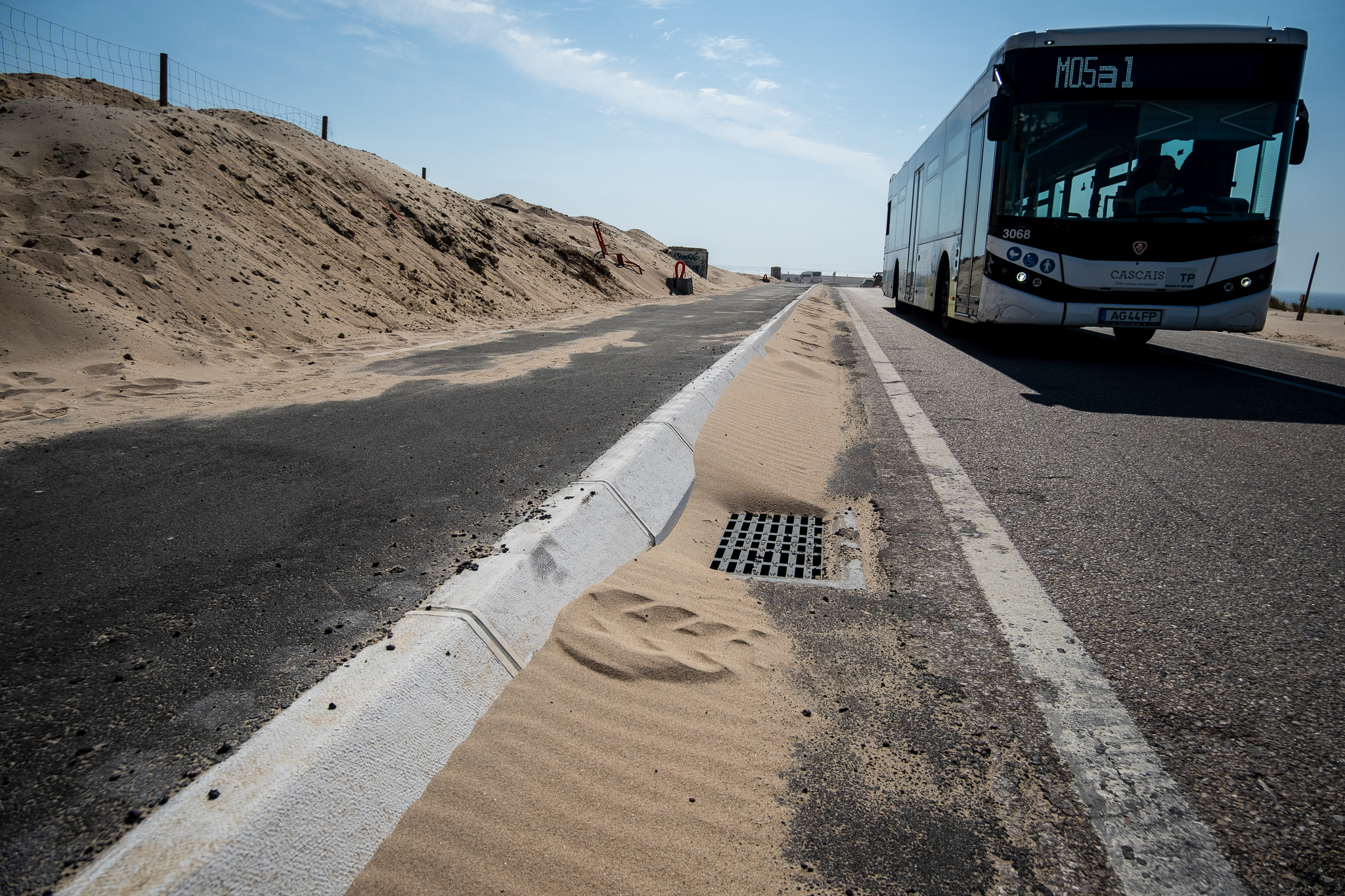Carris Metropolitana will have 147 electric buses in its fleet. Currently, 23 vehicles are already in circulation on the South Bank; and the first two dozen will hit the road this week on the North Bank, in the municipalities of Amadora, Sintra and Oeiras.

As of this week, there will be more electric buses circulating in the Lisbon metropolitan area. After the investment started in Lisbon by Carris in 2019, it's Carris Metropolitana's turn to invest in an electric fleet. In all, there will be 147 electric busesThe majority will come from two Chinese manufacturers - Zhong Thong and Yutong - and the other part from Portugal's Salvador Caetano (which also supplies Carris).
Carris Metropolitana's first electric buses started running in June 2022 on the South Bank. The service provider for Area 4, Alsa Todi, already has 23 electric cars from Yutong and another 44 electric buses are expected to arrive in the coming months. to join the fleet of this operator, which serves the municipalities of Setúbal, Palmela, Moita, Montijo and Alcochete, as well as the intercity connections of Barreiro.
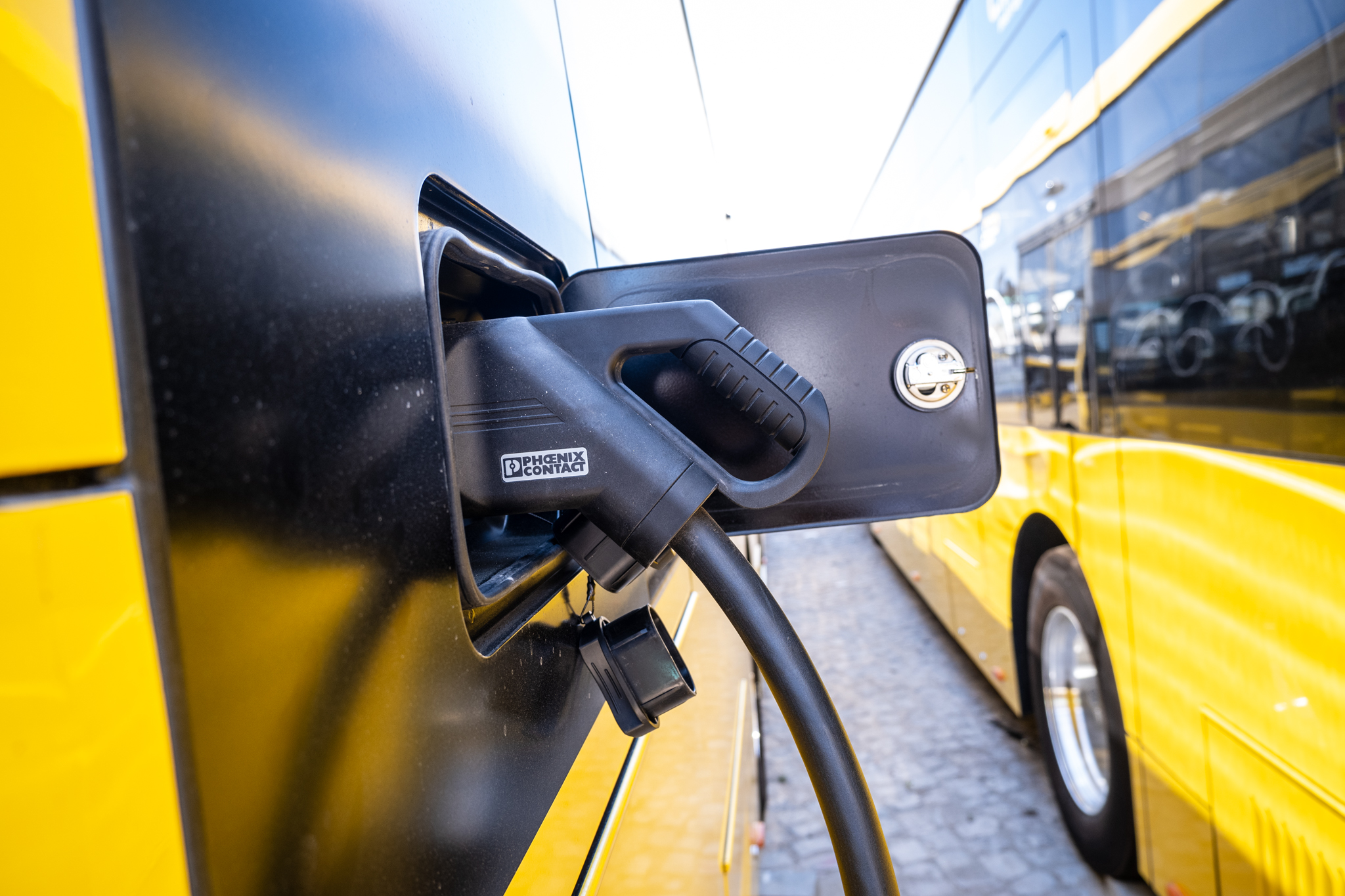
Meanwhile, this week, the Carris Metropolitana's first electric buses will arrive on the North Bank, by Viação Alvorada. The service of this operator, which serves Area 1 and the municipalities of Amadora, Sintra and Oeiras, as well as the inter-municipal connections of Cascais, will be 40 electric buses - 20 from Zhong Thong and 20 from Salvador Caetano. In Area 2, made up of the municipalities of Loures, Odivelas, Vila Franca de Xira and Mafra, also on the North Bank, the carrier Lisbon Bus Station will have a total of 40 electric buses - 25 from Zhong Thong and 15 from Salvador Caetano -and Yutong's 25 vehicles are due to enter service in September. Only TST, which operates in Area 3 (South Bank), will not have an electric fleet, at least for now.
| Operator | Operating area | Electric fleet |
|---|---|---|
| Alsa Todi | Area 4 (Setúbal, Palmela, Moita, Montijo and Alcochete; and inter-municipal connections from Barreiro) | 67 vehicles from the manufacturer Yutong, of which 23 have already been in circulation since June 2022 |
| Lisbon Bus Station | Area 2 (Loures, Odivelas, Vila Franca de Xira and Mafra) | 40 vehicles25 from Zhong Thong and 15 from Salvador Caetano; the first will enter service in September |
| Viação Alvorada | Area 1 (Amadora, Sintra and Oeiras; and Cascais inter-municipal connections) | 40 vehicles20 from Zhong Thong and 20 from Salvador Caetano; the first ones go into circulation this week |
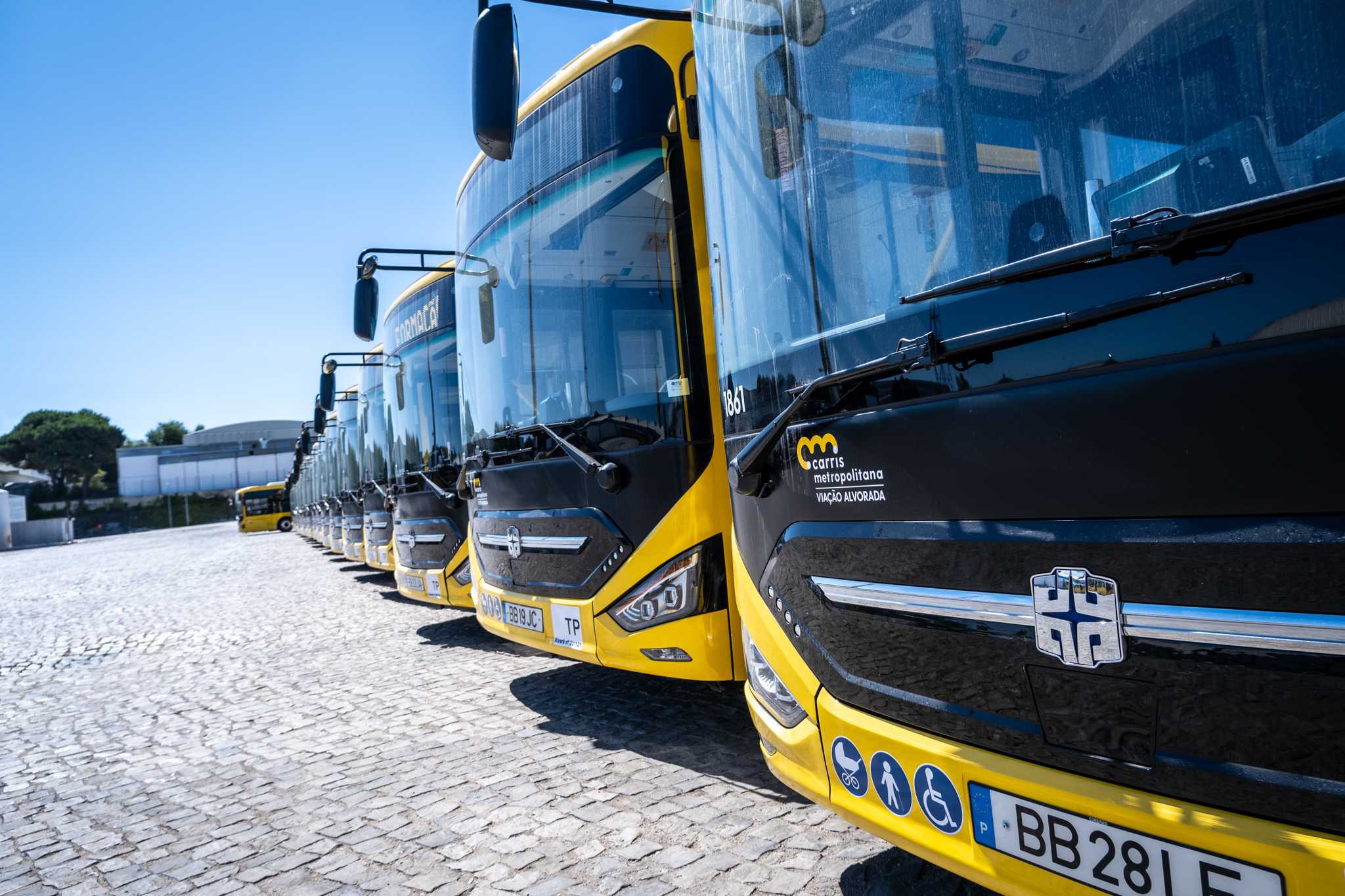
The Carris Metropolitana contracts define that the fleet to be allocated to road operations must include at least 5% of clean and energy-efficient vehicles, as defined in two current European directives (Directive 2009/33/EC and 2019/1161). Gas and diesel vehicles are also part of the fleet of operators serving Carris Metropolitana. The latter tend to meet the most stringent requirements of European standards (Euro 4) and represent the majority of the yellow fleet.
On the other hand, the acquisition of electric vehicles has forced operators to invest in their facilities. Viação Alvorada, for example, already has 40 chargers in Queluz de Baixo, as well as a new transformer station (PT) to meet new energy needs. Artur Pedrosa, administrator of the Barraqueiro Group, to which Viação Alvorada belongs, explained to LPP that the plan involves charging the bus fleet at night "when there is less strain on the surrounding networks and energy is cheaper". The buses have 350 km of autonomy, so they can run all day and only return to the base for charging at night.
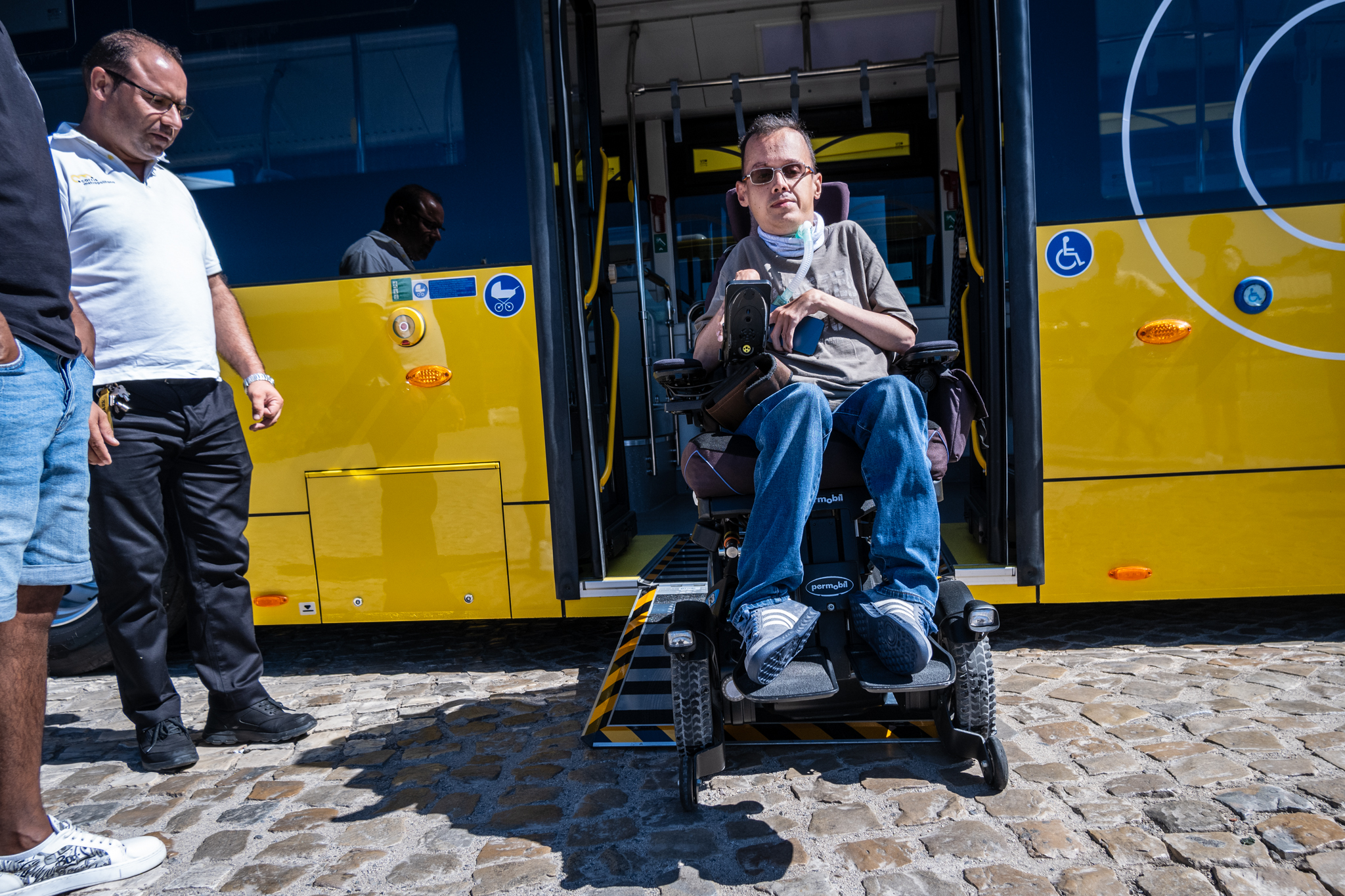
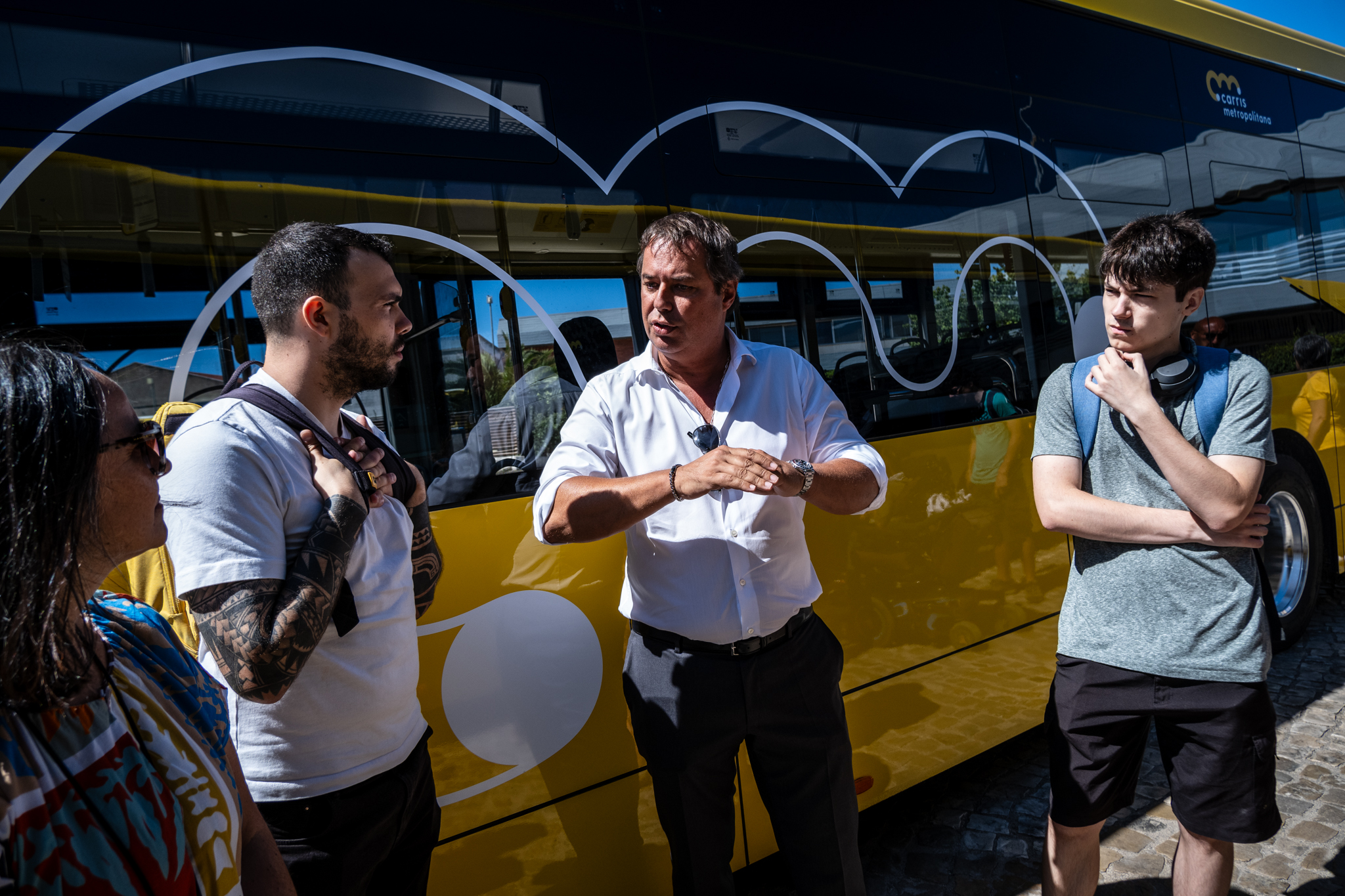
Investment in an electric fleet needs to be made gradually, not least because the local electricity grid needs to be able to cope with the pressure that a number of buses will suddenly represent. "An electric fleet has its own needs, requires a dedicated space for stopping and charging on the premises, and will put pressure on the electrical infrastructure of the entire surrounding area"explained Artur Pedrosa. "That's why it's good to have mixed fleets, to absorb this impact and so that we don't absorb too much energy from the grid. In everyday life, nobody cares if the bus is electric, they just want it to show up." And for the bus to show up, there have to be 'plans B' in case the electricity grid fails and the buses can't be charged. One of these plans could be to use a non-electric fleet; two other solutions could be a diesel generator to produce energy for charging or even a hydrogen fuel cell to store electricity.
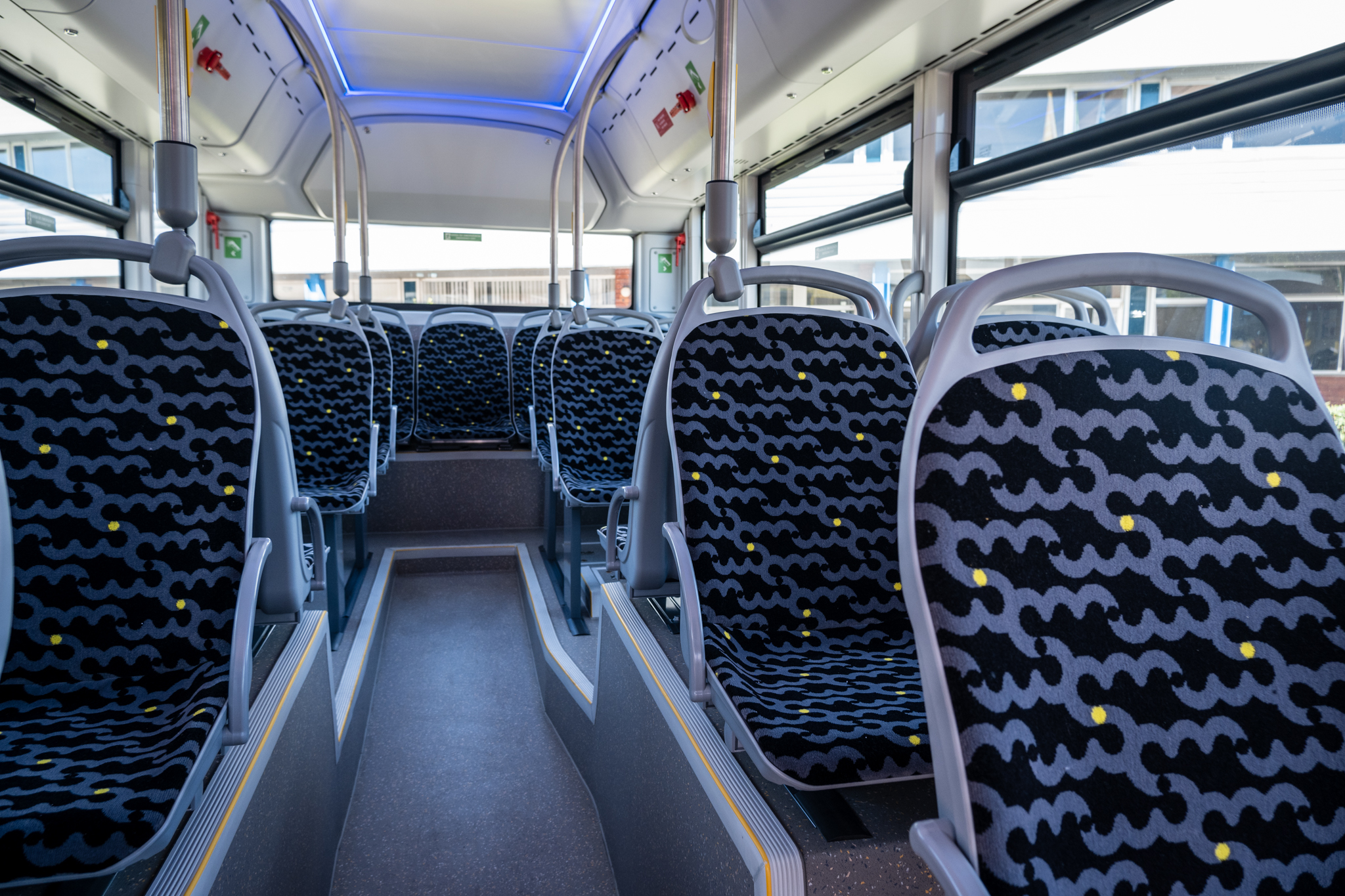
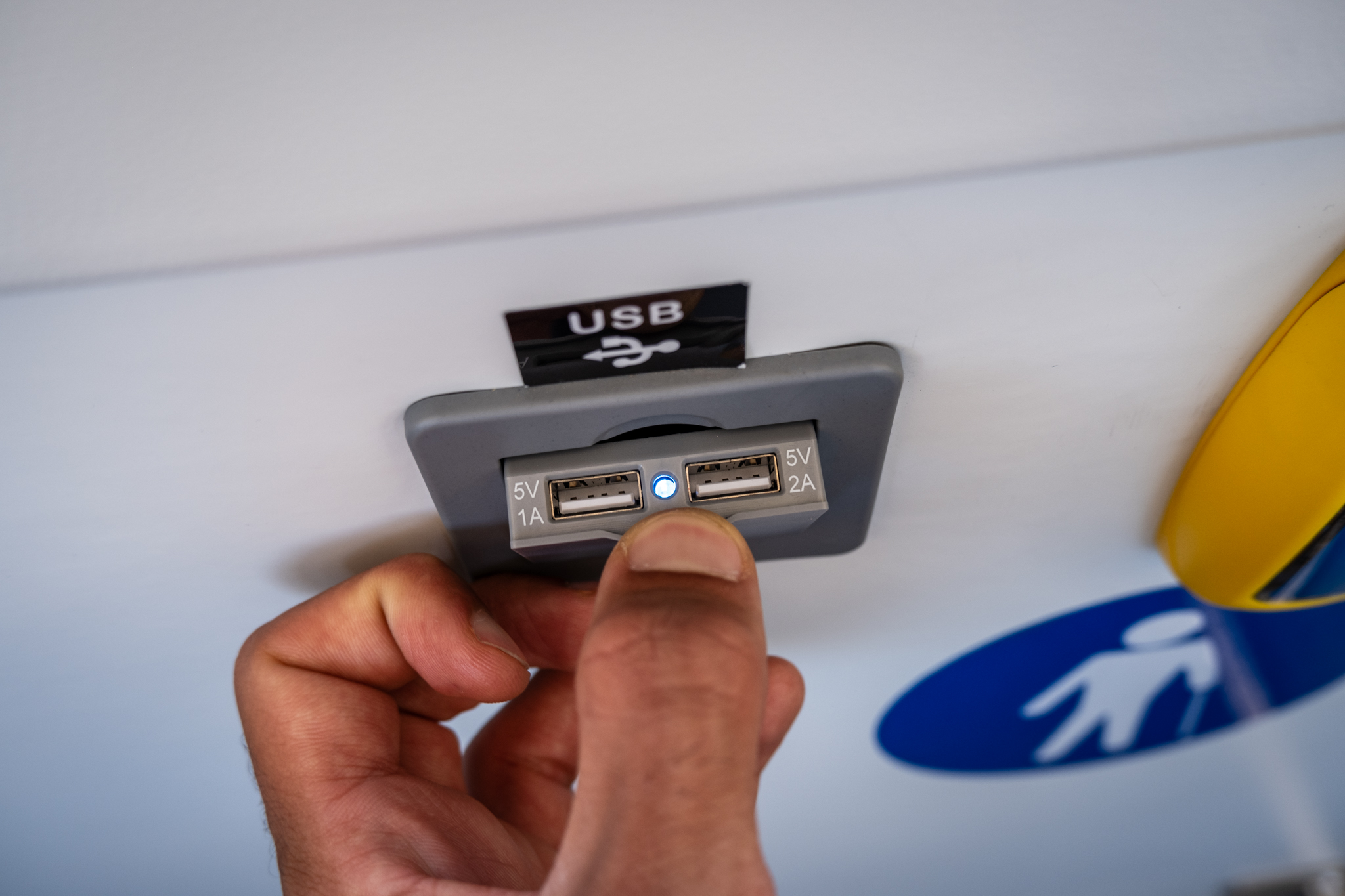
The charging system allows manage the load it draws from the electricity grid and places on each busThis will allow the charging of the various vehicles to be phased throughout the night or to be faster or slower according to needs. The electric buses that have now been purchased will serve Carris Metropolitana's urban lines, not least because the Environmental Fund has not financed interurban vehicles - Artur Pedrosa would like the incentives to be extended to these categories. "a more comprehensive view of mobility". He also shared a critical view of the fact that two Chinese companies won most of the public tenders for the electric buses. "It's European money coming out of our pockets, because China is doing it cheaper." In the view of the head of the Barraqueiro Group, which in addition to Viação Alvorada also includes Rodoviária de Lisboa, there should be a penalty in the criteria for selecting the winners of tenders so that companies from the European Union can have more of an advantage over those from outside. "But I can't be the one to penalize them. The tenders are public, I can't choose the buses I want to buy. The criteria are set by the Environmental Fund."
The new electric buses were partially financed by the PRR - Recovery and Resilience Programthrough Environmental Fund. The incentive given to transport companies consists of the difference between the cost of a diesel bus and that of an electric bus. Viação Alvorada received around 8.507 million euros in public incentives, Rodoviária de Lisboa 6.975 million and Alsa Todi 8.310 million - approximately 70% of the investment they made in buying the new buses.

